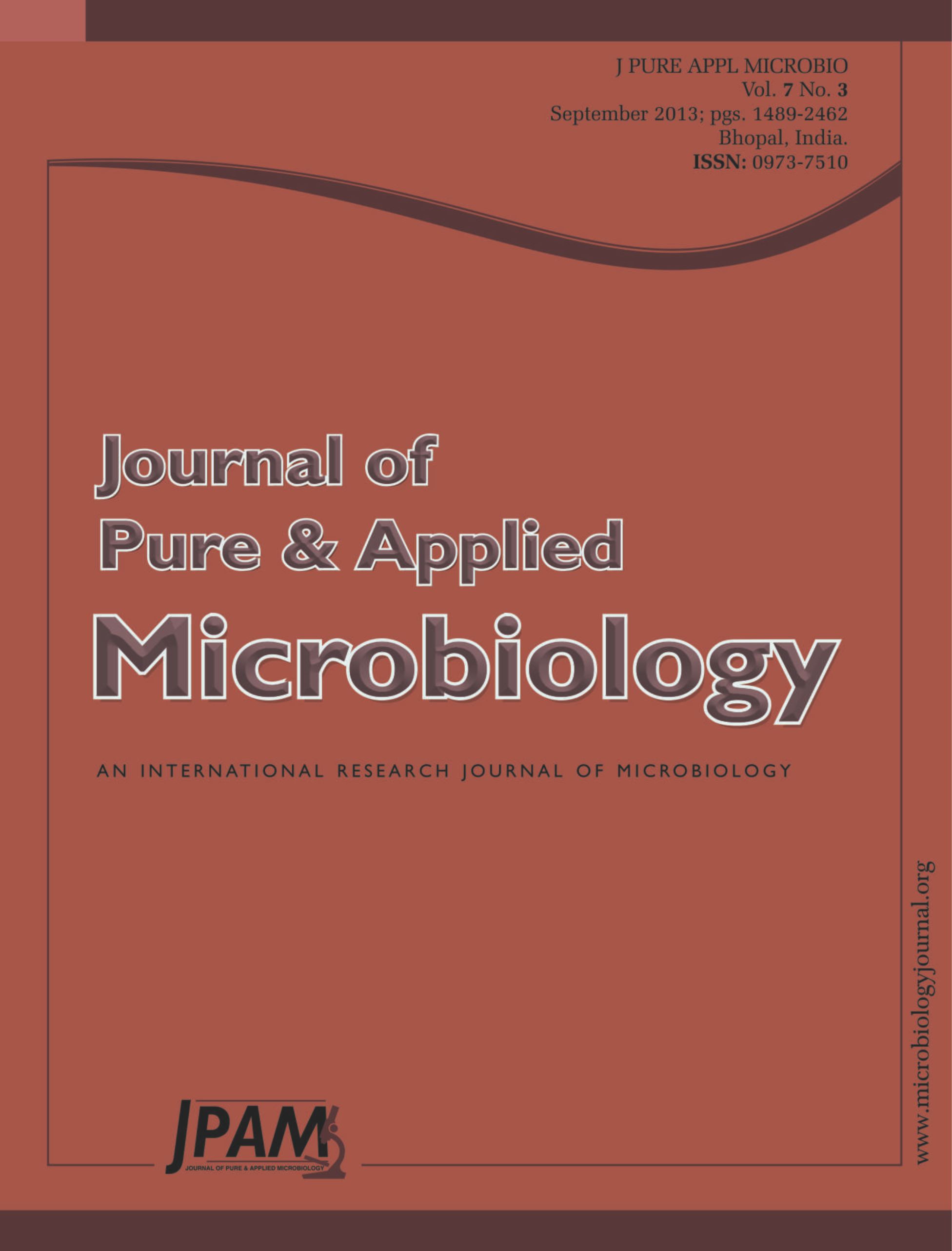H. pylori pathogenesis is related to various virulence factor which some of them involved to adhesions. Urease as a main pathogenecity factor to attach to HLA-II is expressed on the surface of Gastric Epithelial Cells (GECs). Apoptosis induced by caspase3 activation as a result of urease effects on Spermine-Spermidine cycle. There is a contribution of HLA-DQA1 gene to the host’s response against H. pylori. HLA allele type as an immune-genetic factors are related to host susceptibility to H. pylori. HLA-DQA1 might be contributed to the susceptibility or resistance to H. pylori infection. Based on the existed evidences the current review aimed to evaluate the results obtained by different studies carried out so far on correlation of human HLA and the pathogenesis of the H. pylori in gastric epithelial cells.
Human Leukocyte Antigen, Pathogenesis and Helicobacter pylori
© The Author(s) 2014. Open Access. This article is distributed under the terms of the Creative Commons Attribution 4.0 International License which permits unrestricted use, sharing, distribution, and reproduction in any medium, provided you give appropriate credit to the original author(s) and the source, provide a link to the Creative Commons license, and indicate if changes were made.


